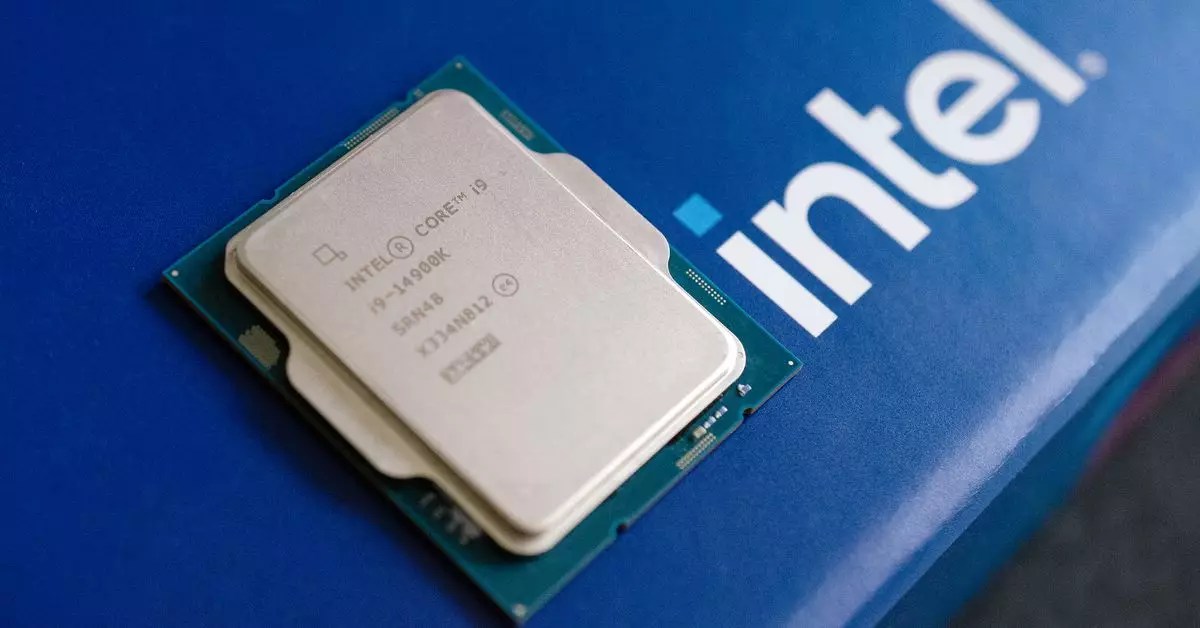In an era dominated by rapid technological advancements, the importance of maintaining hardware integrity cannot be overstated. Recently, Intel made headlines by announcing essential microcode updates for its 13th and 14th Generation Raptor Lake processors. These processors have been reported to suffer from potential permanent damage resulting in system crashes, alarming many users and PC builders alike. It is crucial to comprehend the implications of these updates and what they mean for the longevity and stability of desktop systems.
The newly released microcode update, designated as 0x12B, aims to address a critical vulnerability in these processors. Specifically, it intervenes in situations where the CPU demands excessive power during idle or low-load tasks. Such power surges can lead to premature aging, increasing the likelihood of hardware failures over time. Intel’s focus on this aspect underscores the company’s obligation to maximize its products’ reliability and minimize user risks.
However, users should remain cautious. The implementation of this update isn’t instantaneous. It may take weeks for motherboard manufacturers to validate and roll out the necessary BIOS updates, which can leave existing vulnerabilities unaddressed during that timeframe. Encouragingly, prior BIOS updates have already incorporated earlier microcode fixes and introduced new power settings that mitigate risks, hence updating may still be worthwhile for many users.
For individuals whose processors are already experiencing issues, the situation is considerably less optimistic. Current guidelines suggest avoiding BIOS updates if the CPU has begun to fail. Instead, users are strongly advised to contact Intel or their PC providers for warranty coverage under Intel’s special extended protection plan. This approach directs customers away from potentially futile troubleshooting efforts and towards immediate resolution.
It’s worth noting that Intel’s communication about the exact number of affected processors remains vague. The company has yet to specify how many Raptor Lake chips might be compromised, adding to the uncertainty for consumers. Moreover, while the company has assured users that its laptop processors are not affected by the same voltage issues, some anecdotal evidence suggests that the concern might extend to some laptop models as well.
Overall, Intel’s latest microcode update reflects a proactive step towards safeguarding user investments in their technology. Nevertheless, the ambiguity surrounding the number of affected processes and definitive solutions could lead to mistrust from consumers. As the tech landscape continues to evolve, it is critical that companies like Intel prioritize transparency alongside innovation. Users deserve clarity and confidence in their hardware as they navigate these complex ecosystems of processors and motherboards. Future communications from Intel will need to address these concerns directly if they hope to maintain a robust reputation in an increasingly competitive market.


Leave a Reply